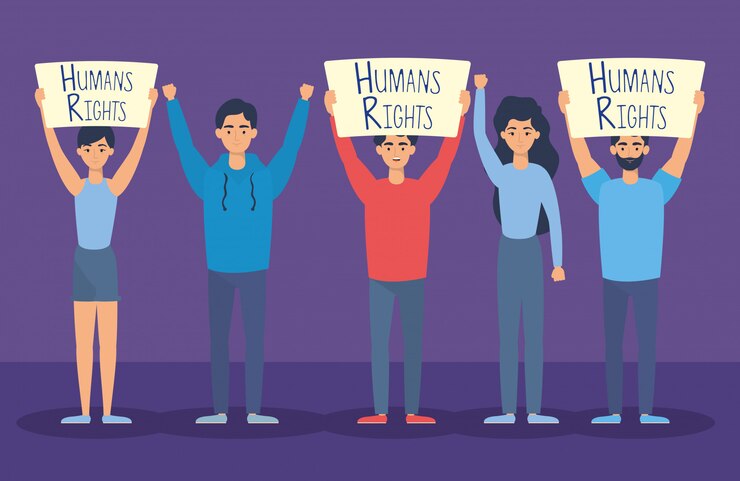Kazakhstan, a Central Asian nation with a history of criticism from Western human rights organizations, is taking significant steps to improve its human rights record. The government has introduced new legislation aimed at addressing concerns related to civil liberties, political freedoms, and social justice, in a bid to align with international human rights standards.
Since gaining independence from the Soviet Union in 1991, Kazakhstan has faced consistent criticism from global rights groups over issues such as freedom of expression, political opposition, and the treatment of protesters. Despite this, the country has made progress in recent years, particularly under the leadership of President Kassym-Jomart Tokayev, who has advocated for reforms to create a more open and accountable government.
Recent Legislative Developments
As part of the country’s efforts to improve its human rights standing, the Kazakh government has introduced a series of legislative reforms aimed at enhancing individual freedoms. These include provisions that seek to expand freedom of assembly, improve conditions for political opposition parties, and guarantee better treatment for detainees. Notably, the government is focusing on strengthening legal frameworks to protect journalists and human rights activists from harassment and retaliation, which have been issues of concern in the past.
The country has also pledged to address the widespread use of arbitrary detention and the limitations on freedom of speech. Human rights defenders have long reported that individuals critical of the government, including journalists and opposition figures, have faced intimidation, imprisonment, or violence. The new legislative proposals, while still under review, are intended to prevent such abuses and ensure greater transparency in legal processes.
International Pressure and Domestic Reforms
Kazakhstan’s moves come amid ongoing international pressure from Western countries and human rights organizations to improve its human rights record. In particular, Western governments have raised concerns about the lack of political pluralism and freedom of expression in the country. Kazakhstan has been heavily criticized for its treatment of opposition groups and activists, as well as its restrictions on independent media.
However, the new reforms also reflect Kazakhstan’s growing recognition of the need for domestic change. The country has faced significant unrest in recent years, including the violent suppression of protests in January 2022, which led to widespread international condemnation. In response, the government has pledged to adopt reforms that will prevent such incidents in the future and work toward creating a more inclusive political system.
Ongoing Challenges
Despite the optimistic steps taken by the Kazakh government, significant challenges remain. Experts point out that while legislation can provide the framework for reform, implementation and enforcement will be crucial. Previous reforms have often failed to translate into tangible changes on the ground due to entrenched political and social barriers.
The success of Kazakhstan’s human rights initiatives will ultimately depend on the political will of its leaders, the independence of its judiciary, and the ability of civil society organizations to operate without fear of reprisal.
Conclusion
Kazakhstan’s legislative efforts represent a critical opportunity for the country to improve its human rights standing on the global stage. By addressing key concerns related to political freedoms, media independence, and the treatment of opposition, Kazakhstan aims to demonstrate its commitment to fostering a more democratic and open society. While these measures mark a positive shift, the true test will be the effective implementation of these laws and the government’s willingness to uphold them in practice.



